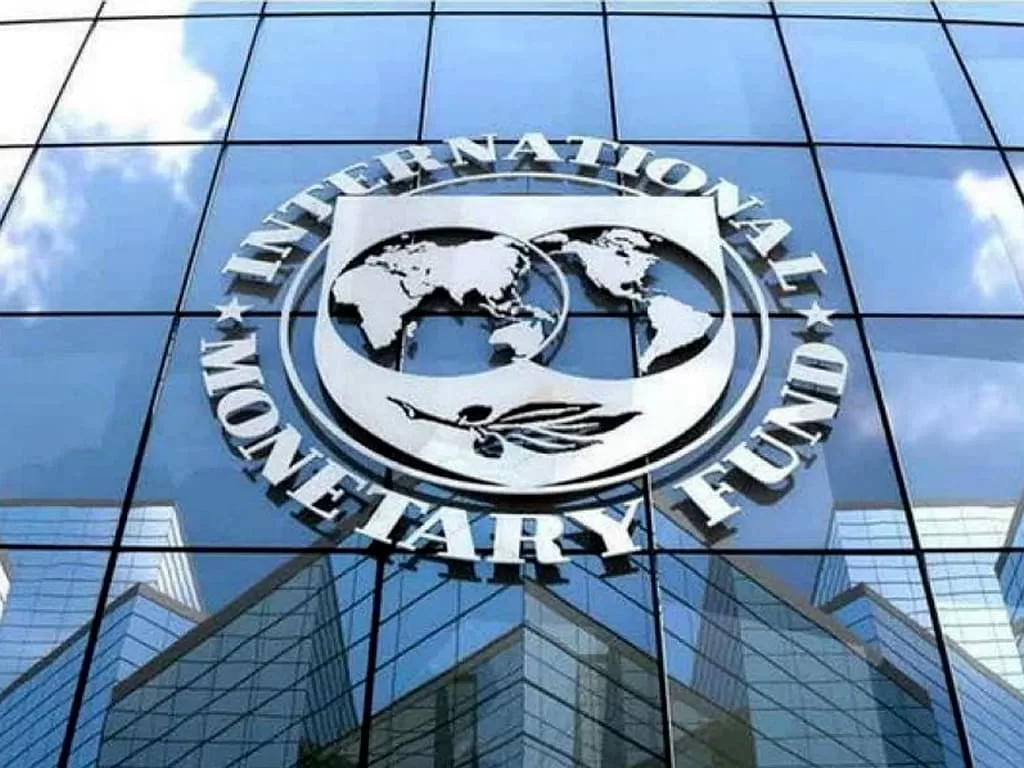Nigeria’s hydra-headed challenge which has arguably reduced the nations economy to a shadow of itself has become a source of major concern to international financial organisations.

Advising the most populous nation on how to rise from the economic shambles it plunged itself into, the International Monetary Fund (IMF) suggested 5 top financial inclusion policies for Nigeria.
IMF suggested that there should further be an upgraded framework for fintech operations and an enhanced Central Bank Digital Currency (CBDC) features and uses.
Read Also: Confused House Price Will Hike Interest Rate In Europe – IMF
There should also be an increase in financial access points, promotion of digital financial services and improvement of financial literacy.
IMF Advocates Financial Inclusion For Nigeria
“Financial inclusion rates have gradually improved but still fall short of the targets adopted in Nigeria’s 2012 financial inclusion strategy,” the international organisation said in a recent report.
It said the share of the adult population with a bank account has consistently increased and it now accounts for more than two-thirds of financially-included individuals.
“However, this bankarisation has been sourced in large part by integrating those having used the non-bank and informal financial sector,” it added.
Financial inclusion is when individuals and businesses have access to useful and affordable financial products and services that meet their needs.
These include transactions, payments, savings, credit and insurance; delivered in a responsible and sustainable way, according to the World Bank.
The importance of financial inclusion, which is a key enabler to reduce extreme poverty and boost shared prosperity, ensured it was identified as an enabler for seven of the 17 Sustainable Development Goals 2030.
Financial Inclusion Rate Is Growing
According to Enhancing Financial Innovation & Access, Nigeria’s financial inclusion rate grew to 64.1% in 2020 from 63.2% in 2018.
The 2020 figure was below the Central Bank of Nigeria’s 80% financial inclusion target for the year 2020.
Last year, the apex bank increased the target to 95% by 2024.
Authors of the IMF report said that the on-boarding of residents to the banking sector has consistently progressed but the overall exclusion rate and the one for the use of specific financial products continue to exceed official targets by far.
“The reasons for inclusion gaps, also in terms of gender, education, income, and geography, include long distances to financial access points, limited financial literacy, and relatively low use of mobile money and payments,” they said.
Also, they pointed out that the policies had focused on improving networks and financial access points.
It recommended that they should continue to do so while also pushing ahead with ID on-boarding and refocusing the approach to financial education.
The IMF also revealed that despite CBN’s huge investments in pushing awareness of digital currency in the public space, its adoption is still low.
“After a strong initial uptake, wallet downloads have slowed, reaching 0.8% of bank accounts, and merchant wallet downloads amount to about 10% of merchants with point-of-sale terminals.
“Similarly, wallet activity is low, with most wallets appearing inactive. The average number of weekly e-Naira transactions since the launch amounts to only eight percent of wallets, with an average transaction value of ₦53,000 (about $120),” it said.
Sub-Saharan Nations Exploring CBDC Options
Following Nigeria’s introduction of the e-Naira in October 2021, several Sub-Saharan African central banks have been exploring the use of digital currencies to enhance their payment systems.
The countries are South Africa, Ghana, Uganda, Kenya, Rwanda, Mauritius, Madagascar, Zimbabwe, Eswatini, Namibia and Zambia.
Read Also: What IMF Wants Tinubu To Do About Nigeria’s Debt
Central Banks around the world are considering whether to issue their own CBDCs and are eager to understand its risks and opportunities, Queen Maxima of Netherlands said.
“If designed and implemented with inclusion in mind, they could offer many options to expand access to the under-banked, serve the vulnerable and the poor,” she said.
Maxima, who is also the United Nations Secretary-General’s Special Advocate for Inclusive Finance for Development, said that CBDCs could pose new challenges and risks which would require sound approaches to overcome.
“So, I encouraged us to do our homework and proceed with a certain caution.”
Watch and learn how to cook delicious meals from world record breaking chef Hilda Baci.

